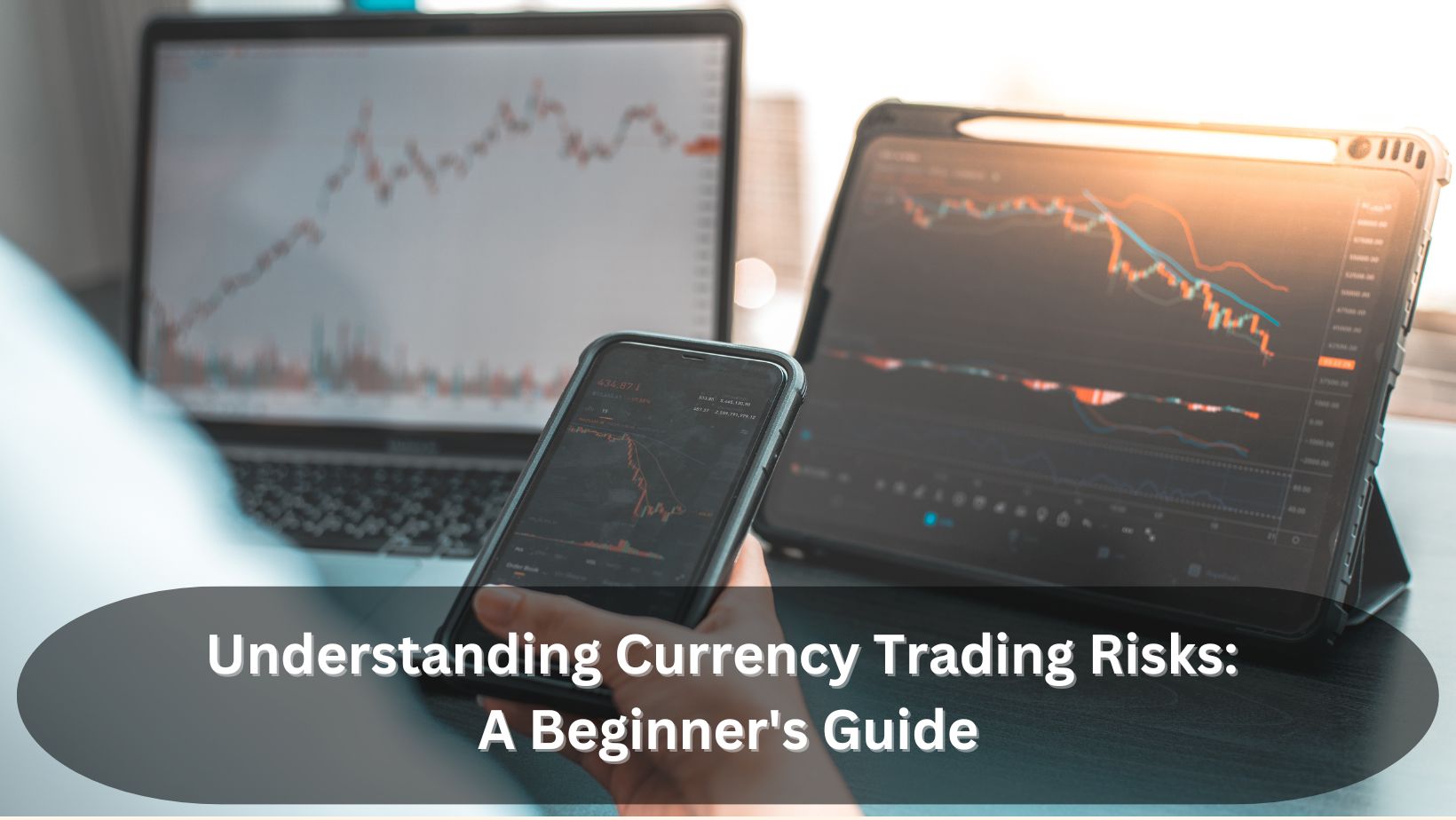Exploring the Various Types of Mutual Funds: A Comprehensive Guide
Mutual funds are a popular investment vehicle that pools money from multiple investors to invest in a diverse range of securities such as stocks, bonds, and other assets. One of the key advantages of mutual funds is their ability to offer diversification and professional management to investors with varying risk appetites and investment goals. In this comprehensive guide, we'll delve into the different types of mutual funds available in the market, each catering to specific investment objectives and preferences.
1. Equity Funds:
Equity funds invest primarily in stocks or equities, offering investors the potential for long-term capital appreciation. These funds may focus on specific market segments such as large-cap, mid-cap, or small-cap stocks, or they may follow a thematic approach by investing in sectors like technology, healthcare, or energy. Equity funds tend to be more volatile compared to other types of mutual funds due to the inherent risks associated with stock market fluctuations.
2. Fixed-Income Funds:
Fixed-income funds, also known as bond funds, invest in a portfolio of bonds issued by governments, corporations, or other entities. These funds aim to provide investors with regular income through interest payments while preserving capital. Fixed-income funds vary in terms of the types of bonds they hold, including government bonds, corporate bonds, municipal bonds, and high-yield bonds. They are generally considered less risky than equity funds but may still be subject to interest rate and credit risk.
3. Balanced Funds:
Balanced funds, also referred to as hybrid funds, invest in a mix of stocks and bonds to achieve a balanced portfolio. These funds aim to provide both capital appreciation and income generation while managing overall portfolio risk. Balanced funds typically maintain a predetermined asset allocation between equities and fixed-income securities, with variations based on the fund manager's investment strategy and market conditions.
4. Money Market Funds:
Money market funds invest in short-term, low-risk securities such as Treasury bills, certificates of deposit (CDs), and commercial paper. These funds aim to preserve capital and provide investors with liquidity and stability. Money market funds are often used as a cash management tool or as a temporary parking place for funds awaiting investment in other asset classes. While they offer lower returns compared to equity or fixed-income funds, they are considered relatively safe investments.
5. Specialty Funds:
Specialty funds focus on specific sectors, themes, or investment strategies that may not be covered by traditional mutual funds. Examples of specialty funds include sector funds (e.g., technology, healthcare), thematic funds (e.g., renewable energy, artificial intelligence), and alternative investment funds (e.g., real estate, commodities). Specialty funds may offer investors the opportunity to capitalize on niche market trends or unique investment opportunities but may also carry higher risk and volatility.
6. Index Funds:
Index funds seek to replicate the performance of a specific market index, such as the S&P 500 or the FTSE 100, by holding a portfolio of securities that closely mirrors the index's composition. These funds aim to provide investors with returns that closely track the overall market while offering lower fees compared to actively managed funds. Index funds are popular among investors seeking broad market exposure and passive investment strategies.
7. Exchange-Traded Funds (ETFs):
While technically not mutual funds, ETFs share many similarities with mutual funds in terms of structure and investment approach. ETFs are traded on stock exchanges like individual stocks and offer investors exposure to a wide range of asset classes, sectors, and investment strategies. Like index funds, ETFs can provide low-cost, diversified investment options and are suitable for both short-term trading and long-term investing.
In conclusion, the world of mutual funds offers a diverse array of investment options tailored to meet the varying needs and preferences of investors. Whether you're seeking growth, income, capital preservation, or a combination of these objectives, there's likely a mutual fund that aligns with your investment goals. By understanding the different types of mutual funds and their characteristics, investors can make informed decisions to build a well-rounded investment portfolio suited to their individual financial circumstances and aspirations.
For more information visit us @ https://freestudyspace.com/types-of-mutual-funds/
Understanding Currency Trading Risks: A Beginner's Guide
Currency trading, also known as forex (foreign exchange) trading, offers the potential for significant profits, but it's essential for beginners to understand the inherent risks involved. In this comprehensive guide, we'll delve into the various risks associated with currency trading and how beginners can navigate them effectively.
1.Volatility:
The forex market is highly volatile, with prices fluctuating rapidly due to various factors such as economic indicators, geopolitical events, and market sentiment. While volatility can create opportunities for profits, it also increases the risk of losses, especially for inexperienced traders.
2.Leverage and Margin:
One of the key attractions of forex trading is the ability to trade on margin, meaning traders can control larger positions with a relatively small amount of capital. However, leverage magnifies both potential profits and losses, making it crucial for beginners to use it judiciously and understand the associated risks.
3.Market Liquidity:
The forex market is the most liquid financial market globally, with trillions of dollars traded daily. However, liquidity can vary depending on the currency pair and the time of day, which may impact trade execution and slippage, particularly during volatile periods.
4.Geopolitical Risks:
Political instability, geopolitical tensions, and unexpected events such as elections or conflicts can significantly impact currency values. Beginners should stay informed about global developments and their potential implications on currency markets to mitigate geopolitical risks.
5.Economic Indicators:
Economic data releases, such as GDP growth, employment reports, and inflation figures, can influence currency prices. Traders must understand how these indicators affect market sentiment and be prepared for volatility around major announcements.
6.Interest Rate Risks:
Central bank decisions on interest rates have a profound impact on currency values. Higher interest rates typically attract foreign investment, strengthening the currency, while lower rates can lead to depreciation. Beginners should monitor central bank meetings and statements to gauge potential interest rate changes and their implications.
7.Counterparty Risks:
Currency trading often involves transactions with brokers or financial institutions. Beginners should choose reputable brokers with strong regulatory oversight to minimize counterparty risks such as insolvency or fraud.
8.Psychological Pitfalls:
Emotions such as greed, fear, and overconfidence can cloud judgment and lead to impulsive trading decisions. Beginners should develop a disciplined trading plan, adhere to risk management principles, and avoid emotional trading to mitigate psychological risks.
9.Technical Risks:
Technology plays a crucial role in currency trading, from trading platforms to internet connectivity. Technical issues such as platform downtime, execution delays, or data inaccuracies can disrupt trading and result in losses. Beginners should choose reliable trading platforms and have backup plans in place for technical contingencies.
10.Regulatory Risks:
Forex trading is subject to regulatory oversight in many jurisdictions, with rules governing leverage, margin requirements, and client funds protection. Beginners should familiarize themselves with regulatory requirements and choose brokers compliant with relevant regulations to mitigate regulatory risks.
In conclusion, while currency trading offers lucrative opportunities for profit, it's essential for beginners to recognize and manage the associated risks effectively. By understanding the various risks involved, employing proper risk management strategies, staying informed about market developments, and maintaining discipline and emotional control, beginners can navigate the forex market with greater confidence and success.
For more information visit us @ https://freestudyspace.com/study-material/currency-trading/



